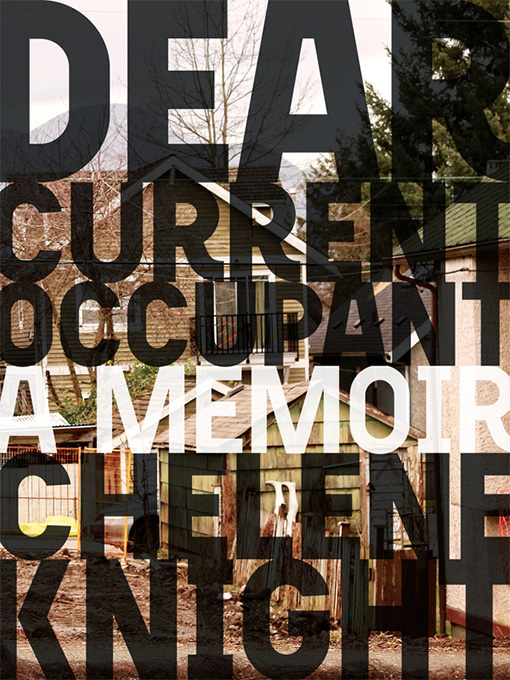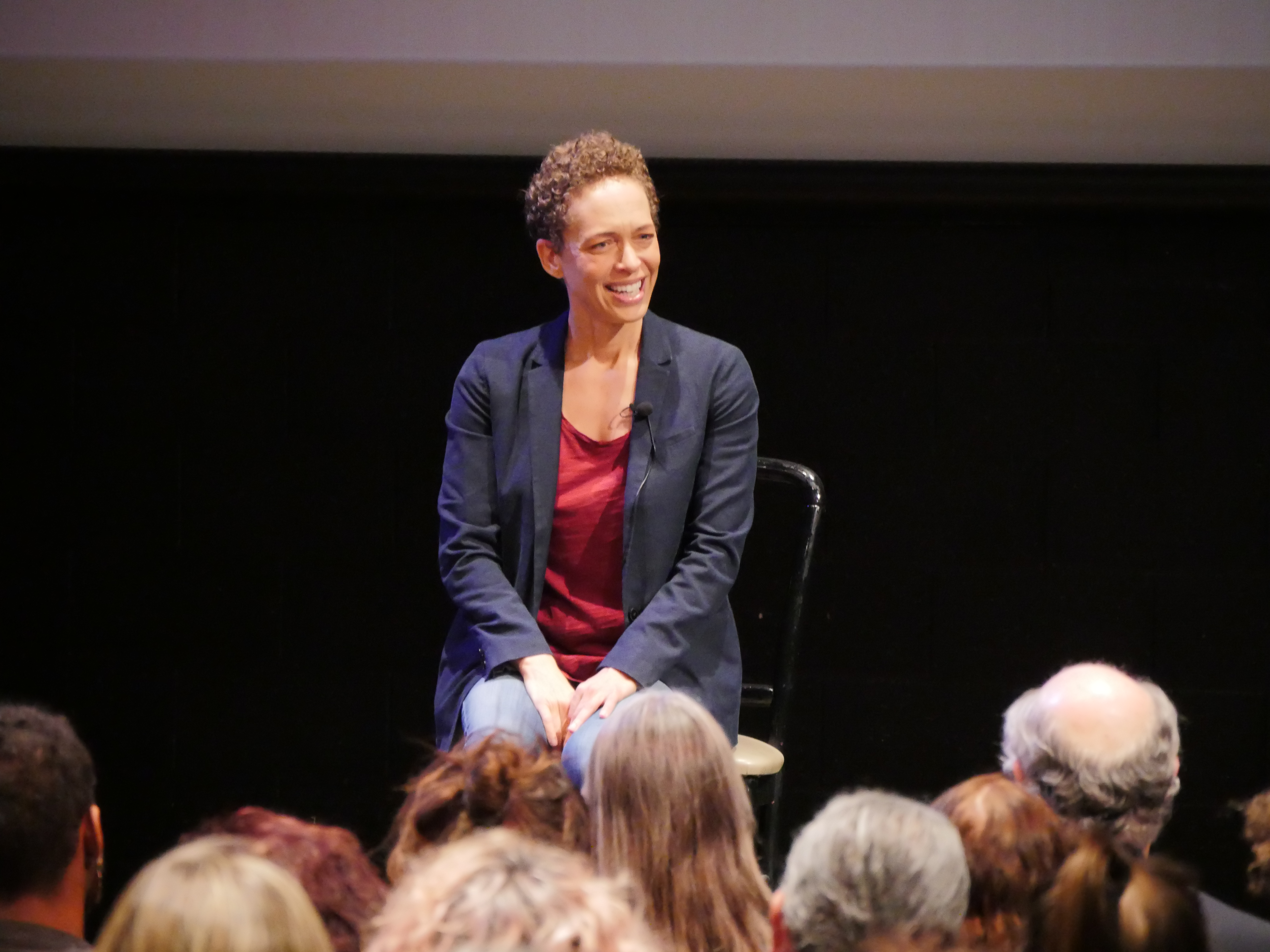Why Chelene Knight wrote letters to the current occupants of the houses she lived in growing upPosted in Articles, Autobiography, Canada, Interviews on 2018-05-10 19:41Z by Steven |
Why Chelene Knight wrote letters to the current occupants of the houses she lived in growing up
CBC Books
Canadian Broadcasting Corporation
2018-03-06
Ryan B. Patrick, Associate Producer
 Chelene Knight is an author based in Vancouver. (Chelene Knight/BookThug) |
Chelene Knight is a Vancouver-based writer and editor. Of Black and East Indian heritage, Knight’s Dear Current Occupant mixes poetry and prose to tell a story about home and belonging, set in the 1980s and 1990s of Vancouver’s Downtown Eastside.
The book plays with genre by way of a series of letters addressed to the current occupants now living in the 20 different houses she moved in and out of with her mother and brother. Knight tells CBC Books how she wrote Dear Current Occupant.
A bus ride beginning
“The first draft was originally all poetry, but my publisher suggested I rewrite it as creative nonfiction. I tried to write this book in generic memoir form. I sat down wanting to write about some of my childhood experiences. But it couldn’t come out. I thought maybe it’s not the right time.
“Then I was on the bus one snowy day and I passed by one of the houses that I lived in as a child and something sparked in me. I got off the bus and I stood in front of this house. I had a notebook with me and I started scribbling. The memories were coming back to me — flooding in — and it was this visceral thing where I needed to be in that place and then be transported back to those times.”…
…Writing for others
“We always hear people say there are no Black people in Vancouver, but there are. I identify as a Black woman. I know there was a larger Black community in Vancouver many years ago, but people have been displaced. I definitely want to reach people who not only are of mixed ethnicity but who also identify as Black.
“I’m writing this for the community that I wish were here now. So whether you are Black, of mixed race or can identify with the trauma parts of the book, I think there are different layers in the work where you can see something different every time. That’s what I like with the hybrid form, of poetry and prose.”
Read the entire article here.







